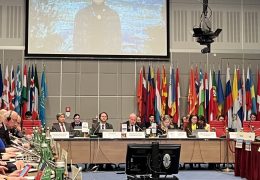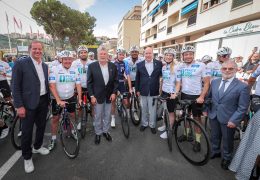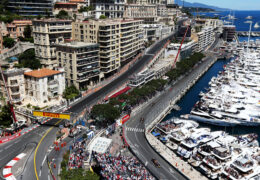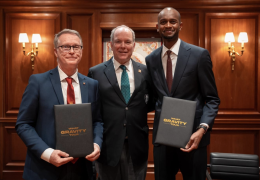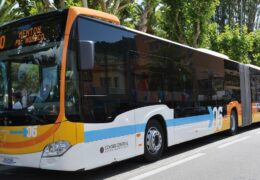Philosophical Encounters of Monaco – Day on the theme of “Solidarity”
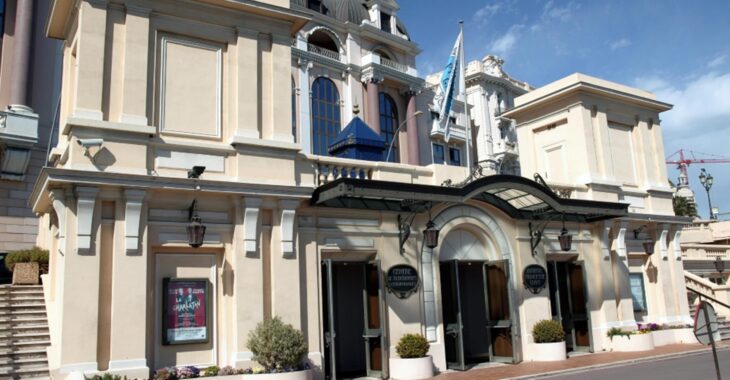
In collaboration with social and solidarity-oriented organizations: Amade, Fight Aids Monaco, Licra, Peace & Sport, and with the participation of students and philosophy teachers from the François d’Assise – Nicolas Barré institution and Albert Ier High School, the Philosophical Encounters of Monaco are organizing a day dedicated to the theme of “Solidarity” on Thursday, April 4th.
Representatives from the four associations and four distinguished philosophers will spend the entire day in residence in the philosophy classes of these educational institutions to present the theory and practice of solidarity and discuss it with the students:
- Sandra Laugier, philosopher, will be accompanied by Jérôme Froissart, Secretary General of Amade.
- Judith Revel, philosopher, will be accompanied by Hervé Aeschbach, Director of Fight Aids. Guillaume Le Blanc, philosopher, will be accompanied by Marlène Harnois and Pierre Frolla, both Peace and Sport Champions.
- Patrick Savidan, philosopher, will be accompanied by Daouda Ba, president of the Licra Sports Commission.
A conversation with these philosophers, led by Raphael Zagury-Orly, philosopher and founding member of the Philosophical Encounters of Monaco, will take place at the Princesse Grace Theater starting at 7 p.m., in the presence of organizations, students, and open to the public.

Like freedom, fraternity has more of an incantatory power than a rigorous meaning – other than that of a bond created by belonging to the same biological family. Furthermore, the term imposes itself and is elevated as a moral flag, enclosing within its folds and overshadowing the equally worthy term “sorority.” Strictly speaking, fraternity escapes the operational field of politics and evades any jurisdiction: no “measure” creates it, no law shapes it, no decree obliges it. In the French Constitution, the word is mentioned only three times, once as the national motto (liberty, equality, fraternity), once as a “common ideal.” Since it does not express any “specific demands” (John Rawls), international constitutional charters ignore it.
They prefer to invoke solidarity. Why indeed retain this reference, albeit diluted, faded, to blood ties? It is true that solidarity has a strange history. The term “solidum” originally referred to a currency (heard more in Italian “soldo” than in French “sou,” but quite well in “solde,” or “soldat”), but in Roman law, “in solidum obligari” meant that various debtors undertook to pay each other and all together the sum to be repaid. It was the French Revolution that extracted solidarity from the legal and economic sphere and applied it to the attitude of relief, mutual support among citizens. Now, it denotes nothing more than a relationship of “fraternity” precisely, but where being brothers and sisters has no meaning, since solidarity does not urge one to help a person because they are a member of my family, but fosters mutual assistance that involves all members of a community united in a sense of common belonging to the group, community, society, and humanity as a whole. What solidarity activates is the priority, over self-concern, of social cohesion, the “responsibilization” of all for what can happen to each one, and the commitment to provide assistance if what happens causes a loss – of freedom, justice, resources, dignity, respect. Therefore, “Freedom, Equality, Solidarity” would be a beautiful motto.







